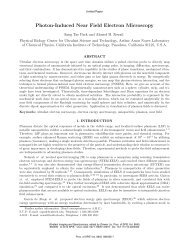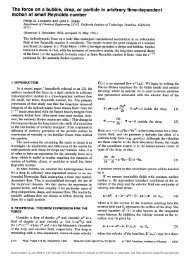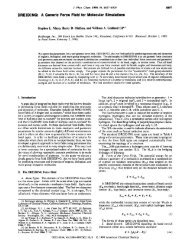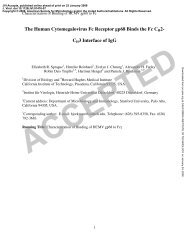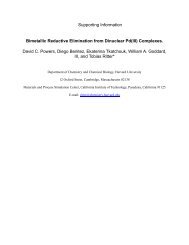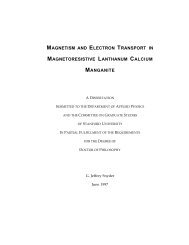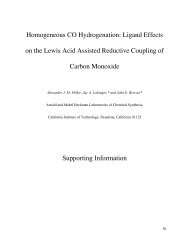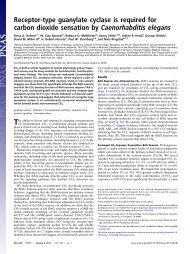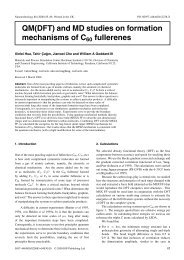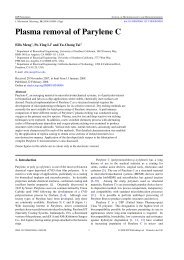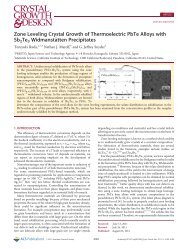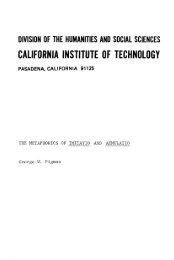Outrages
Outrages
Outrages
Create successful ePaper yourself
Turn your PDF publications into a flip-book with our unique Google optimized e-Paper software.
I look on all such things as both the wickedest and maddest things possible; it is a<br />
downright rejecting the yoke of God, and rebelling against his providence. It is a<br />
throwing off the cross he lays on us, and a preferring our foolish inclinations to his<br />
wise appointments, after which we have no reason to expect the shelter of his<br />
protection .... In a word, one must lay down both religion, virtue, and prudence, in<br />
the moment that one takes up such a resolution, unless they are really in danger of<br />
their lives, which I am sure is not your case.<br />
If Anne yielded to such "impatient resolutions," Burnet concluded, he would never see her<br />
again-except perhaps to admonish her once more.51<br />
Anne gave Burnet's meddling and browbeating the treatment they deserved. Though the<br />
letter of 10 December in which she replied is no longer extant, what it contained is clearly<br />
deducible from Burnet's description of it and from his profuse apologies. 52 In a highly "unusual"<br />
style and with a pen "sharpened" by anger, Anne delivered a cold rebuke. She had no intention of<br />
parting with Tom, she said, and the fact that Burnet could credit such gossip enough to repeat it<br />
showed how little he knew her. Beyond that, she said in effect, he should save his sermons for<br />
someone else and mind his own business.<br />
Ordinarily, telling Gilbert Burnet to mind his own business was a waste of energy.<br />
Perhaps the most renowned busybody of his age, he had reprimanded Charles II two years<br />
previously, "in a very plain letter," for leading a scandalous life and for mistreating Jane Roberts,<br />
one of the royal mistresses.53 But Anne Wharton succeeded where others failed. After making a<br />
flurry of excuses, Burnet quit trying to intervene in Anne's marital problems. In his subsequent<br />
letters to Anne, he never mentioned the subject again.54<br />
The troubles between Tom and Anne, along with Tom's unconscionable gaffe at<br />
Barrington, made 1682 the most forgettable year of Tom's personal life. It was also a bleak time in<br />
the history of his party. In the summer and autumn of 1682, the Whigs lost London, the traditional<br />
base of their power. In October 1681 the government had been able to secure the election of a<br />
pliable Lord Mayor, and in 1682 by a combination of legal maneuver, coercion, and chicane the<br />
Court succeeded in replacing the two Whig sheriffs with two loyal Tories and in electing an<br />
avowed Tory for Lord Mayor.55 This meant, of course, that there would be no more Ignoramus<br />
juries to protect Whigs against Crown accusers. After the new elections, Tory sheriffs selected<br />
London jurors, and the government was able to pick off its enemies more or less at will. When the<br />
King's triumph became certain, Shaftesbury wisely fled to Holland. Even London had grown<br />
unsafe for once-powerful Exclusionists.<br />
In a year of personal and political misadventures, Tom salvaged some triumphs on the race<br />
track. His horses, at least, retained their customary form. One of the victories, which has passed<br />
into legend, was scored in Tom's absence.56 This occurred while the Duke of Monmouth was<br />
9



